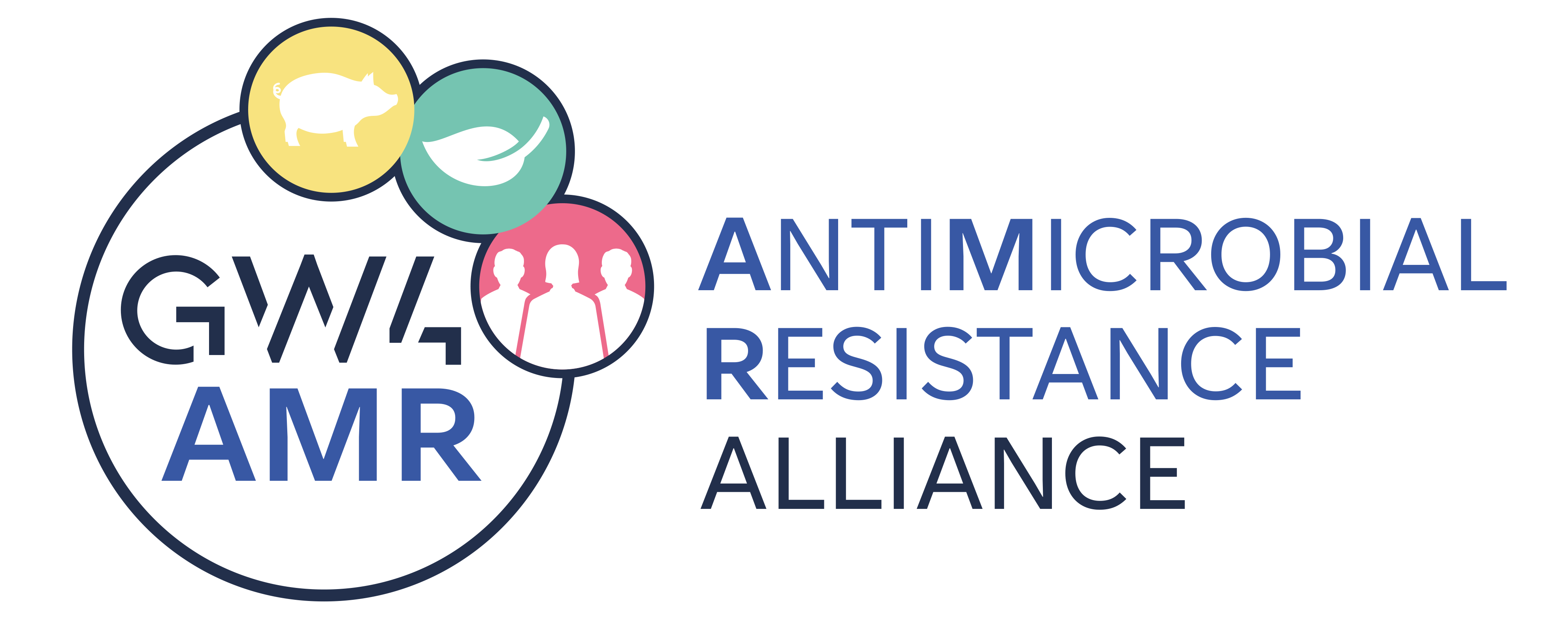Professor Neil Gow, a founding member of the group that established the MRC Centre for Medical Mycology (MRC-CMM), specializes in the biology and immunology of fungal pathogens. His primary focus lies in studying the structure and function of the fungal cell wall, with an emphasis on its potential as a target for new antifungal drugs. His research also explores the role of the cell wall in immune recognition initiation. This work has profound implications for antifungal drug design, drug resistance development, and the creation of fungal diagnostics and immunotherapies. While much of his research centres on Candida albicans, Professor Gow also delves into the pathogenesis of Candida auris, Aspergillus fumigatus, and other fungal pathogens. Current key projects include investigating the nature and regulation of cell wall glycan ligands for immune recognition initiation, as well as understanding how antifungal drug exposure impacts cell wall remodelling and immune recognition.
From 2018 to 2023, Professor Gow was the Deputy Vice Chancellor for Research and Impact at the University of Exeter. The MRC-CMM, which he played a pivotal role in founding, relocated to Exeter in 2019. In 2023, he returned to the MRC-CMM to resume his research career.





